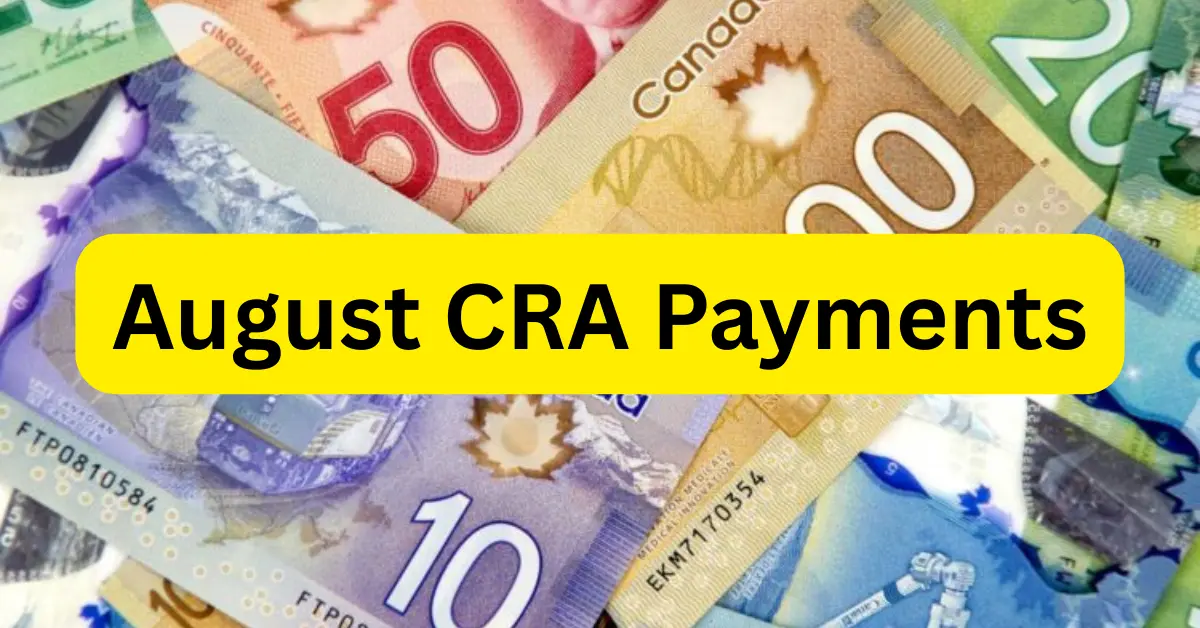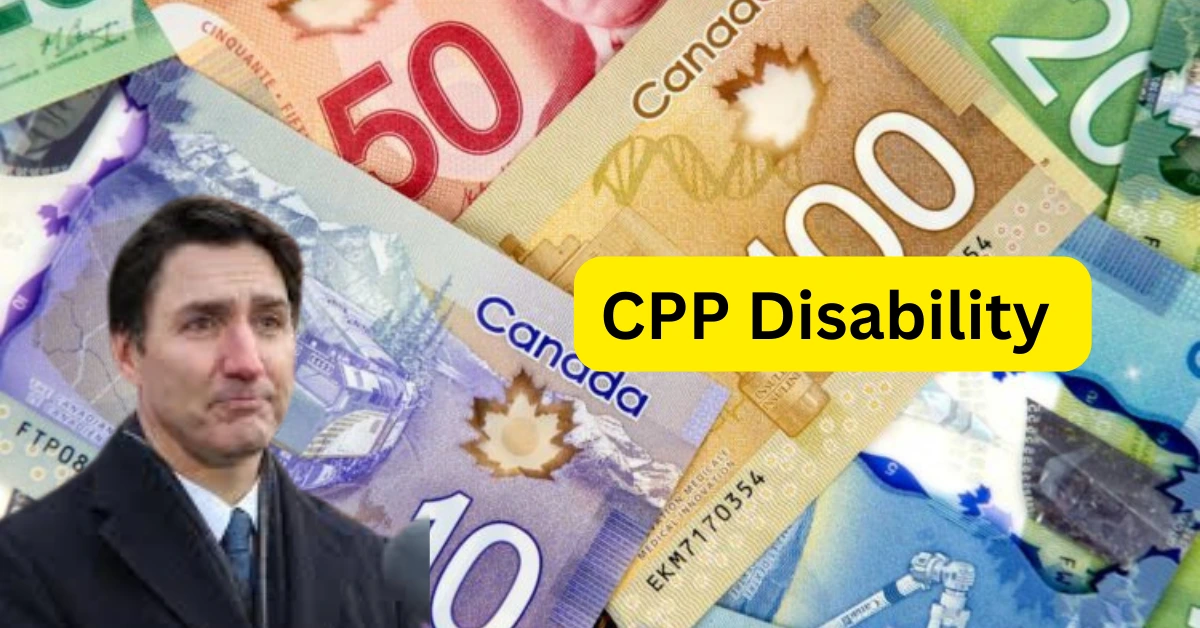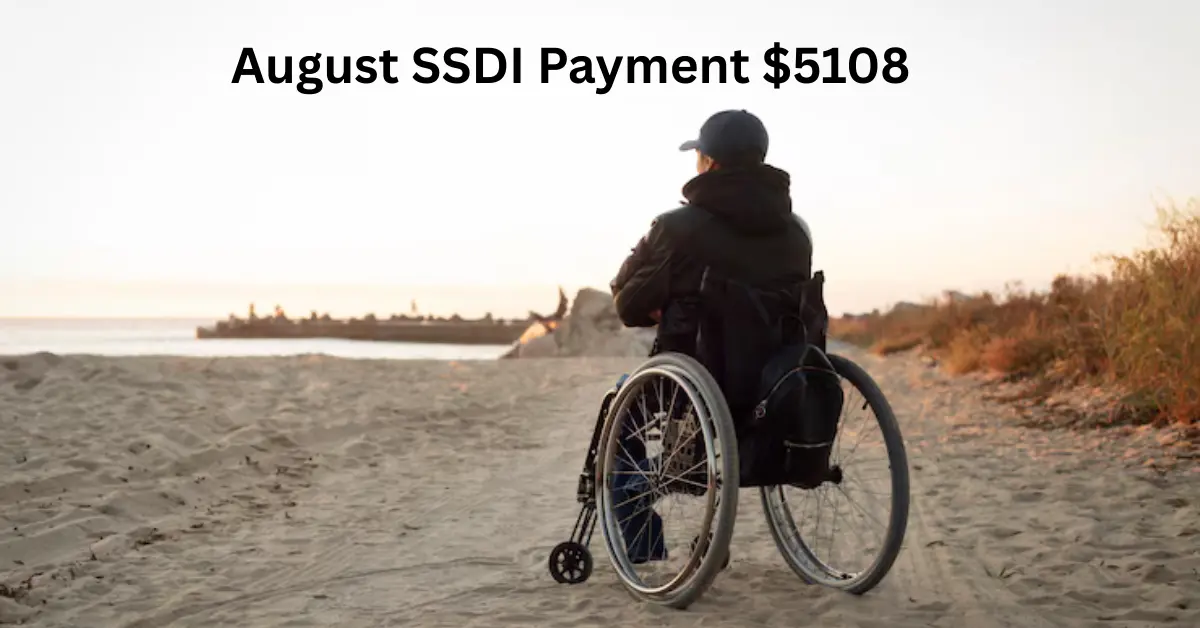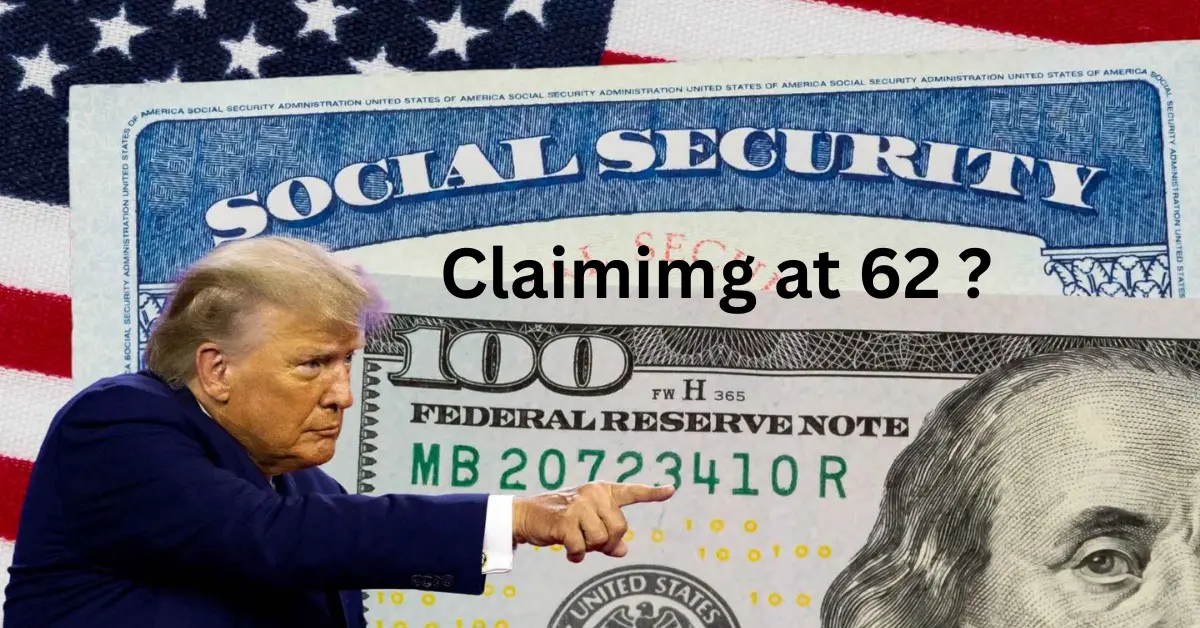Canada’s 2025 Universal Basic Income Pilots.In Canada, the debate over a Universal Basic Income (UBI) has progressed beyond discussions. The country has not yet implemented a national universal basic income program. Even though targeted provincial programs and experimental projects are being offered to vulnerable groups, the elderly and homeless can get this unconditional or semi-conditional financial support across the country.

These initiatives are more than just research projects. They are currently providing real financial assistance to eligible groups. The outcomes are already influencing Canadian social policy going forward. This blog describes important facts about UBI-style initiatives underway in 2025, explaining their benefits, methods, and potent social effects.
Other Provincial Pilot Programs, like Universal Basic Income Pilots
At the provincial level, innovation has improved in the absence of a federal UBI Pilot. A living laboratory for income assistance is created by each program that is specially designed to address certain demographic concerns.

- Newfoundland and Labrador: Newfoundland and Labrador offers an assistance pilot for low-income seniors between the ages of 60 and 64 years. For people who are too young to be eligible for Old Age Security (OAS). They may encounter age-related work obstacles. This program successfully fills the gap and ensures that they are not left behind.
- Prince Edward Island: Targeted Basic Income Guarantee (T-BIG) Pilot that was started in 2021. It helps over 600 low-income individuals. Its goal is to increase the income of beneficiaries to 80% to 85% and reduce the official poverty level in Canada. Participants are brought closer to financial security by this direct cash inflow.

- Quebec: Quebec offers a Basic Income Program that has been established for people whose ability to work is severely reduced. With a monthly income of about $1,309, it helps people who find it difficult to meet their requirements.
Noticeable Results of Direct Cash Transfers
These programs’ proven results provide the strongest justification for them. The overwhelming research indicates that providing people with cash directly results in significant positive change in society. The New Leaf Project in British Columbia is the most well-known example.
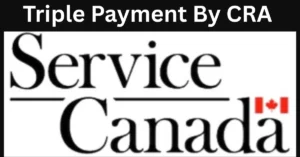
Through this program, homeless people can receive a one-time $7,500 grant from the Canadian Federal Government. Carefully monitored, the results were amazing. Compared to the control group, recipients experienced 99 fewer days of homelessness on average.

They got better food security and were able to find permanent housing more quickly. The most important thing is that this is not for spending on cigarettes, alcohol, or drugs. This refutes a prevalent critique of direct cash transfers and shows that those in need make responsible use of the funds to start over.

Lessons from Ontario’s Ambitious Pilot
The Ontario Basic Income Pilot must be mentioned in any discussion on universal basic income (UBI) in Canada. It was the most ambitious experiment of its kind when it was first introduced in 2017. It offered up to $16,989 for an individual and $24,027 for a pair annually. As recipients’ income from employment increased, the amounts were progressively lowered.
The first data was informative, despite the pilot’s contentious cancellation after only 10 months. In addition to better nutrition, participants reported significantly better mental health, lower stress levels, and an increased capacity to invest in their futures by pursuing education or launching a business.
They talked about having their independence back and being able to plan for the future rather than constantly being in crisis mode. Although its cancellation was unfortunate, the participants’ strong feedback is still there.
Guaranteed Income Support as a Model for Success
Canada already has a very effective, long-running targeted basic income program called the Guaranteed Income Supplement (GIS). The GIS offers low-income seniors over 65 who get OAS up to $1,087 a month in addition to their pension. It is automatically administered through the tax system. It is quarterly adjusted for inflation and has significantly reduced elderly poverty in Canada.
The GIS is an effective tool that proves the federal government can effectively provide a monthly payment to the targeted population. Here are no conditions attached. All new pilots are compared to this successful, steady model.
Why These 2025 Pilot Programs Matter for Canada’s Future
The 2025 active UBI-style projects are far more than short-term social initiatives. These important studies are producing priceless Canadian data. They are demonstrating that such assistance:
- They lessen the long-term strain on food banks, shelters, and emergency medical treatment by preventing homelessness and improving health.
- Evidence suggests that it offers the stability required to pursue greater education or career, defying the notion that it discourages labor.
- Empowering people to make the best decisions for themselves lessens the stigma and red tape associated with traditional welfare.
Summary
The seeds are being sown and grown from coast to coast. Canada does not yet have a national universal basic income. By giving actual financial assistance to actual people, the 2025 initiatives are constructing a strong argument for a safer future for all Canadians.
| Home Page | https://aiis.org/ |
FAQs for Canada’s 2025 Universal Basic Income Pilots
Is the Universal Basic Income (UBI) Pilot in place nationally in Canada in 2025?
No, a national universal basic income scheme does not currently exist in Canada. Rather, certain vulnerable groups are receiving direct financial aid through targeted programs and provincial pilots.
Who gets benefits from these pilots of provincial universal basic income?
Various provinces focus on low-income individuals, seniors, and those with significantly diminished job capacity.
What outcomes have these pilots demonstrated?
Research indicates that the mental health of participants is improved. Their housing stability is increased. Their food security is enhanced. Their homelessness is decreased.
What is the connection between UBI and Canada’s Guaranteed Income Supplement?
For seniors with low incomes, the GIS is a targeted basic income program that provides up to $1,087 a month. It provides an established example of how


